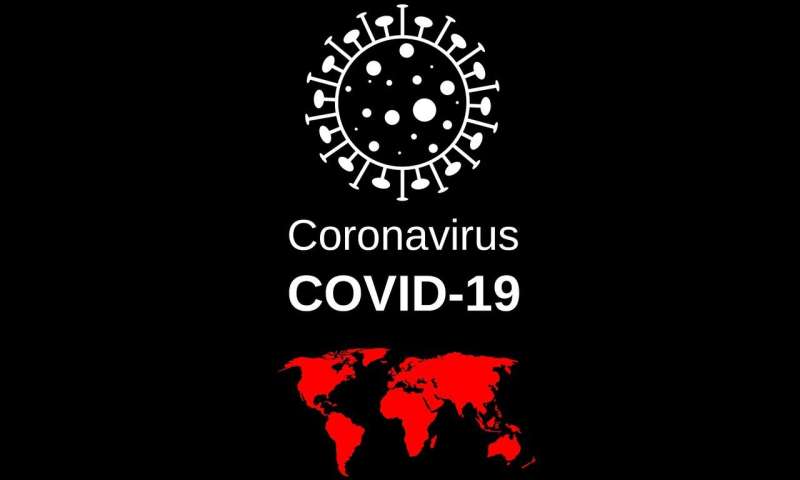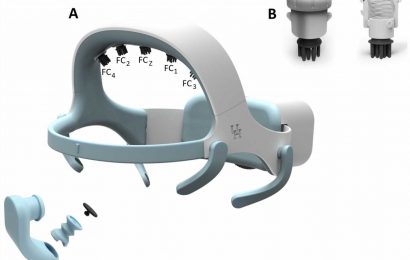
The roll-out of vaccines to fight the COVID-19 pandemic will not by itself eliminate the deadly coronavirus, the World Health Organization said on Friday.
The WHO warned against complacency and what it said was an erroneous belief that because vaccines are on the near-horizon, the crisis is over.
“Vaccines do not equal zero COVID,” WHO emergencies director Michael Ryan told a virtual news conference.
“Vaccines and vaccination will add a major, major, powerful tool to the tool kit that we have. But by themselves, they will not do the job.”
Britain on Wednesday became the first Western country to approve a vaccine for general use, piling pressure on other countries to follow suit swiftly.
WHO director-general Tedros Adhanom Ghebreyesus said that progress on vaccines “gives us all a lift and we can now start to see the light at the end of the tunnel.
“However, WHO is concerned that there is a growing perception that the pandemic is over.
“Many places are witnessing very high transmission of the virus, which is putting enormous pressure on hospitals, intensive care units and health workers.”
Global coronavirus infections passed 65 million on Friday.
The novel coronavirus has killed at least 1.5 million people since the outbreak emerged in China last December, according to a tally from official sources compiled by AFP.
‘Life and death’
“The pandemic still has a long a way to run and decisions made by leaders and citizens in the coming days will determine both the course of the virus in the short term and when this pandemic will ultimately end,” said Tedros.
Maria Van Kerkhove, the WHO’s COVID-19 technical lead, added that these decisions “can mean life and death for us, life and death for our family”.
According to the WHO’s overview of candidate vaccines, 51 are currently being tested on humans, 13 of which have reached final-stage mass testing.
A further 163 candidate vaccines are being developed in laboratories with a view to eventual human trials.
“I have seen vaccines transform the world and change the course of epidemics, and I fully expect that these vaccines and the ones that are to come will do that,” Ryan said.
But he warned that people needed to recognise that the vaccine “will not be with everyone early next year”.
Health workers, the elderly and people with underlying conditions will get priority—a choice that “will take a lot of the sorrow out of this pandemic. But it will not, by itself, end transmission,” said Ryan.
Tedros said he was happy to be vaccinated on camera to help promote public confidence, but would not jump the queue to do so.
Source: Read Full Article


